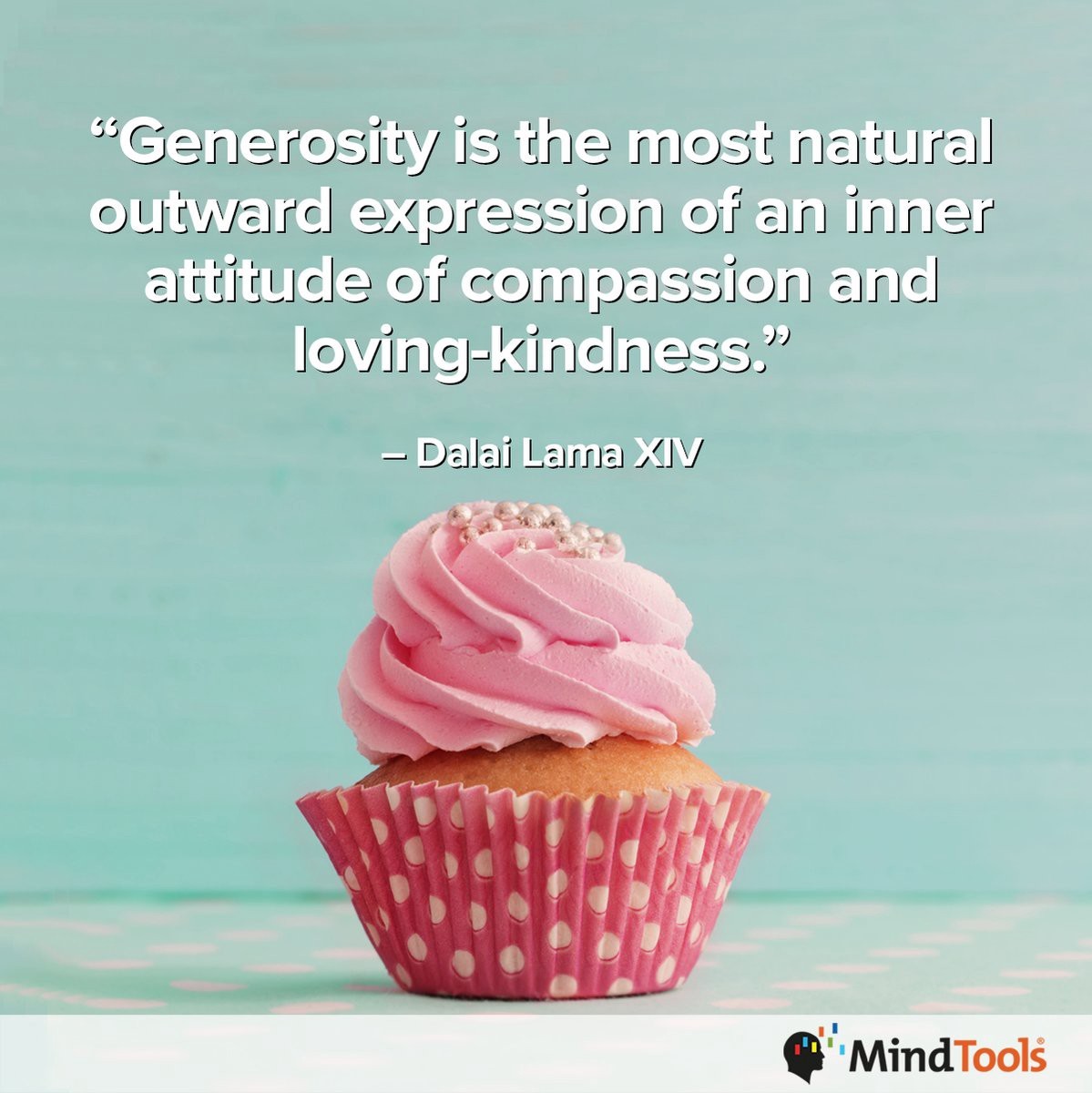Word-Of-the-Week #800: Munificent
December 5, 2019 by Susan Clarke
Munificent – characterized by or displaying great generosity.
Do you believe that being generous is about giving material things or money? Do you expect that your generosity should be reciprocated? Would you be more munificent if you knew it would make you happier?
Many of you know that I am on the board of Fostering Opportunities Scholarships and raise money for former foster youth to help them achieve their educational goals. So this is the word that came to me this week and features “Being Generous Really Does Make You Happier“ by Amanda MacMillan.
“It doesn’t take a neuroscientist to know that doing nice things for people feels good. But now, researchers say they’ve discovered that even thinking about doing something generous has real mood-boosting benefits in the brain.
In a new study published in Nature Communications, researchers from the University of Zurich in Switzerland told 50 people they’d be receiving about $100 over a few weeks. Half of the people were asked to commit to spending that money on themselves, and half were asked to spend it on someone they knew.
The researchers wanted to see whether simply pledging to being generous was enough to make people  happier. So before doling out any money, they brought everyone into the lab and asked them to think about a friend they’d like to give a gift to and how much they would hypothetically spend. They then performed functional MRI scans to measure activity in three regions of the brain associated with social behavior, generosity, happiness and decision-making.
happier. So before doling out any money, they brought everyone into the lab and asked them to think about a friend they’d like to give a gift to and how much they would hypothetically spend. They then performed functional MRI scans to measure activity in three regions of the brain associated with social behavior, generosity, happiness and decision-making.
Their choices—and their brain activity—seemed to depend on how they had pledged to spend the money earlier. Those who had agreed to spend money on other people tended to make more generous decisions throughout the experiment, compared to those who had agreed to spend on themselves. They also had more interaction between the parts of the brain associated with altruism and happiness, and they reported higher levels of happiness after the experiment was over.
Another piece of good news was that it didn’t seem to matter how generous people were. Planning to give away just a little bit of money had the same effects on happiness as giving away a lot. “At least in our study, the amount spent did not matter,” said lead author Philippe Tobler, associate professor of neuroeconomics and social neuroscience, in an email. “It is worth keeping in mind that even little things have a beneficial effect—like bringing coffee to one’s office mates in the morning.”
It’s not yet clear how long these warm and fuzzy feelings last after being generous. But other research suggests that making generosity a regular habit may influence long-term wellbeing and happiness, the study authors say.
Next time you think that the best way to make yourself feel better is to buy yourself a treat, consider that the opposite is likely true. “It is worth giving it a shot, even if you think it would not work,” Tobler says. “In order to reap health benefits, repeated practice is probably needed so that giving becomes second nature.”
This week’s focus is on being munificent. Do you make charitable contributions? Do you donate time to a charity or for a cause? How often do you give the gift of your time to friends or family? How does it make you feel when you witness the benefits of your generosity?
I LOVE feedback! Join my Facebook community on my FUN-damentals Fan Page.

